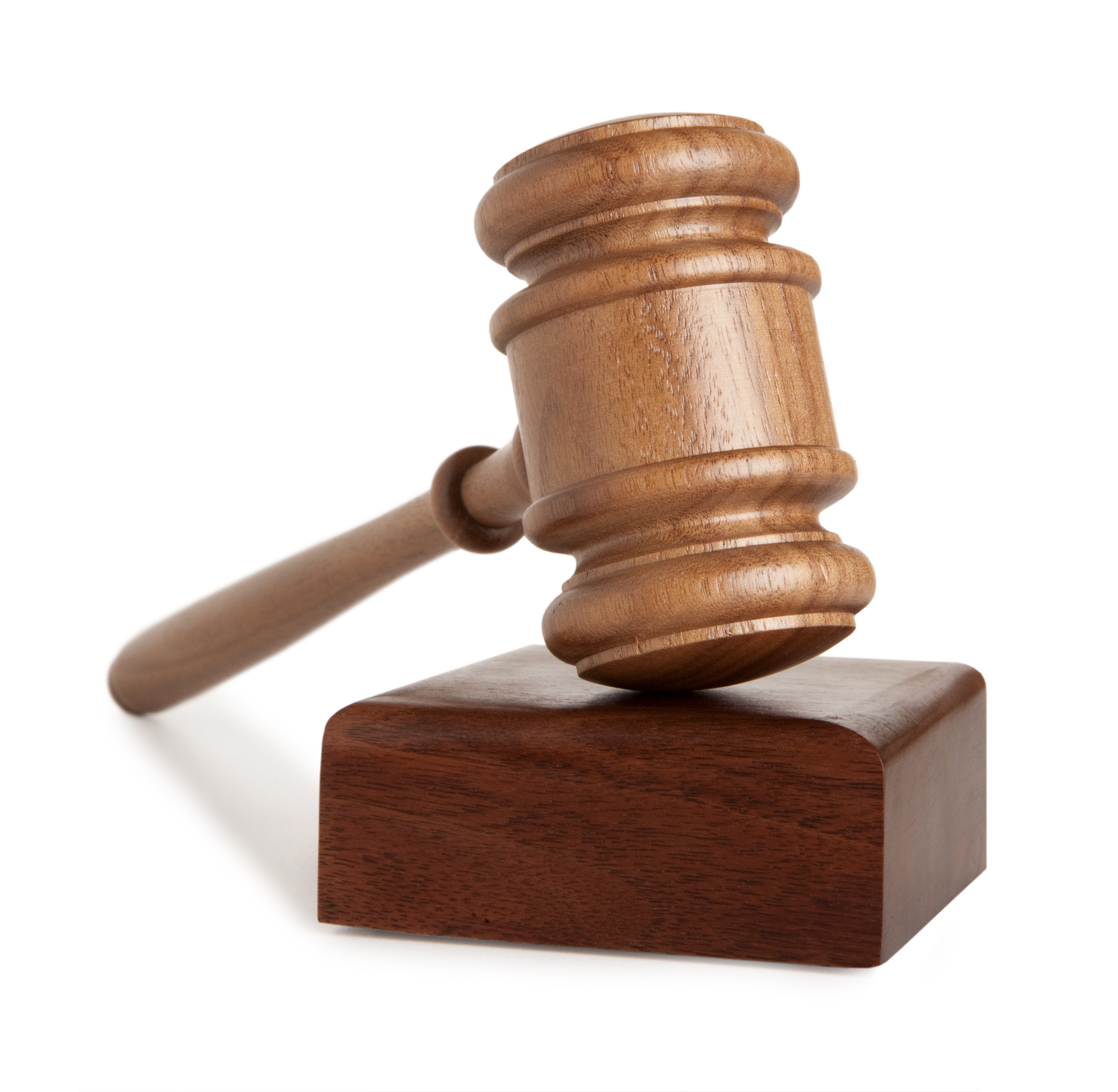Patentable Inventions
Patentable Inventions A very common question that clients ask when calling a patent attorney is “whether my invention is patentable.” There are four main legal requirements, described below, that a patent attorney will evaluate to determine, based on the information available to the patent attorney, whether your invention is patentable. 1. Statutory Subject Matter. The patent attorney will evaluate whether the invention is directed towards at least one of […]





